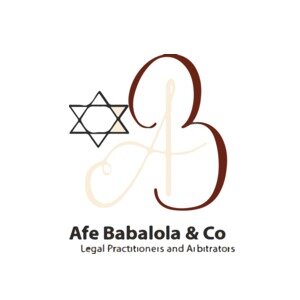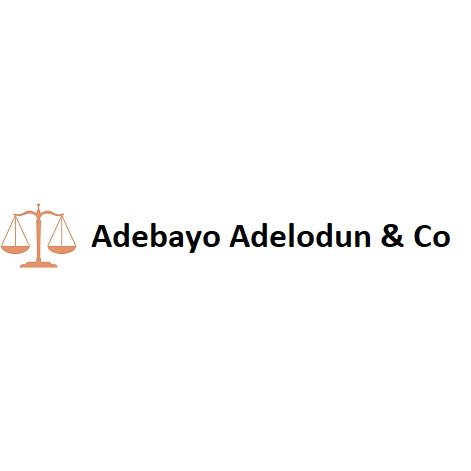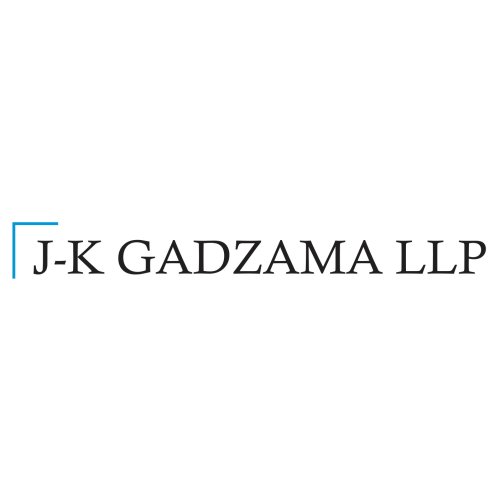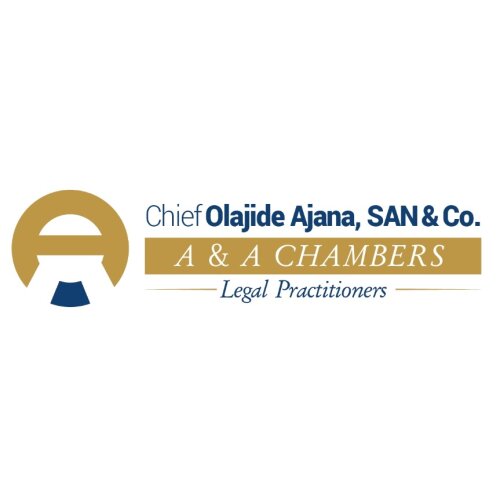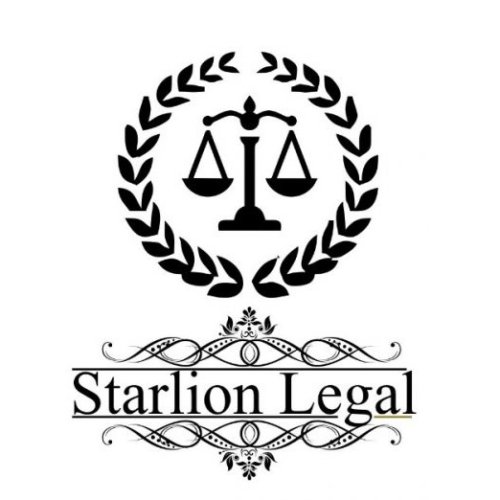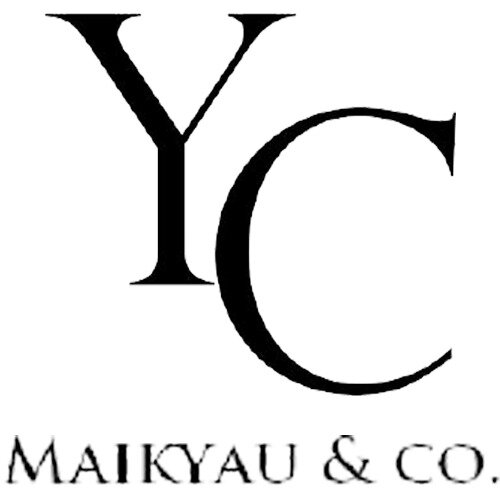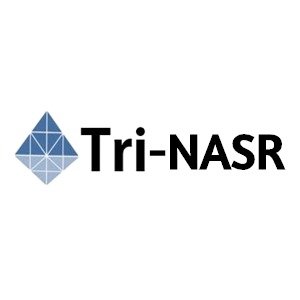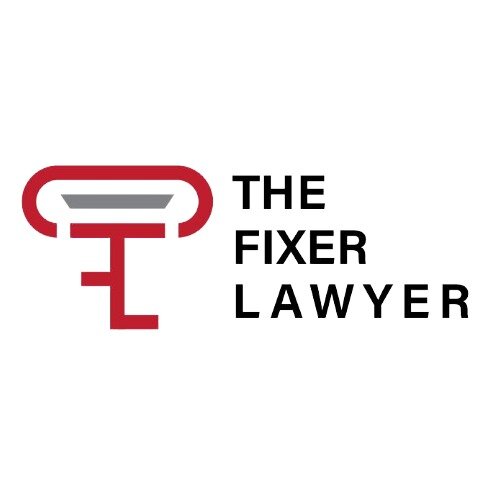Best Structured Finance Lawyers in Abuja
Share your needs with us, get contacted by law firms.
Free. Takes 2 min.
List of the best lawyers in Abuja, Nigeria
About Structured Finance Law in Abuja, Nigeria
Structured finance refers to complex financial transactions that are designed to meet particular needs that cannot be solved with conventional financing. In Abuja, as in many global financial centers, structured finance commonly includes instruments such as asset-backed securities, mortgage-backed securities, collateralized debt obligations, and syndicated loans. With Nigeria’s growing financial sector and increasing participation from both local and international investors, structured finance transactions have become more prominent, especially in sectors such as infrastructure, real estate, energy, and banking. Legal support is crucial to navigate regulatory complexities, risk allocation, and compliance requirements associated with these types of transactions.
Why You May Need a Lawyer
Structured finance matters can be highly sophisticated, involving multiple parties, significant capital, and numerous legal documents. You may need a lawyer if you are:
- Seeking to raise funds for large projects or investments through asset-backed securities or syndicated loans.
- Negotiating or drafting complex financial contracts.
- Launch or participate in public-private partnerships (PPP) that require unique finance structures.
- Concerned about regulatory compliance issues with the Central Bank of Nigeria or the Securities and Exchange Commission.
- Involved in disputes around payment defaults, enforcement of security, or breaches of covenant.
- Structuring transactions to maximize tax efficiency and risk mitigation.
- Entering into cross-border structured finance deals that require understanding of both Nigerian and international legal frameworks.
- In need of due diligence to assess counterparty risks or the enforceability of security interests.
- Facing restructuring or insolvency scenarios that impact structured finance agreements.
Local Laws Overview
Several local laws and regulations impact structured finance transactions in Abuja and across Nigeria. The primary legal framework includes:
- The Companies and Allied Matters Act (CAMA), governing company registration, administration, and insolvency.
- The Investments and Securities Act (ISA), which regulates securities offerings, trustees, and collective investment schemes.
- The Central Bank of Nigeria’s (CBN) Guidelines, especially on loan syndication, banking operations, and foreign exchange.
- The Nigerian SEC’s rules on securitization, credit rating agencies, and disclosure requirements for structured products.
- The Stamp Duties Act and relevant tax laws that influence the structuring and cost of finance agreements.
- Bankruptcy and insolvency regulations affecting enforcement of security and creditor rights.
- Anti-Money Laundering (AML) and Know-Your-Customer (KYC) regulations for all financial participants.
- Relevant court decisions that may set precedents for the interpretation and enforcement of complex contracts.
Given the interplay of local and international standards, legal advice is crucial to ensure compliance and protect stakeholder interests.
Frequently Asked Questions
What is structured finance and how does it differ from traditional finance in Nigeria?
Structured finance involves creating customized financial instruments to address specific funding needs or risks, whereas traditional finance usually involves standard loan or debt facilities. Structured finance can allow for securitization and risk sharing among different investors.
What types of transactions are common in structured finance in Abuja?
Transactions often include syndicated loans, asset-backed securities, project financing, and public-private partnership financing structures.
Who regulates structured finance transactions in Abuja, Nigeria?
The Central Bank of Nigeria, the Securities and Exchange Commission, and sometimes the Federal Ministry of Finance all play important regulatory roles depending on the instrument and sector involved.
What are the main risks involved in structured finance?
Typical risks include credit risk, market risk, legal and contractual risks, and regulatory compliance risks. Each transaction structure has unique risk attributes.
Is legal documentation very important for structured finance deals?
Yes, given the complexity and number of parties involved, precise and comprehensive documentation ensures that all parties’ rights and obligations are clearly defined and enforceable.
How does Nigerian law treat security interests in structured finance?
Nigerian law provides for the creation and registration of security interests, which are critical for structured transactions. The Collateral Registry also helps in recording and prioritizing security interests.
Can foreign investors participate in structured finance deals in Abuja?
Yes, but there are foreign exchange, capital importation, and repatriation rules to observe. Legal advice is essential to navigate regulatory approvals.
What happens if a party defaults in a structured finance transaction?
Remedies and enforcement processes are usually detailed in the transaction documents, but options can include court action, receivership, or asset sales, all subject to Nigerian law.
What tax issues should be considered?
Taxation can have a big impact on the structure and attractiveness of finance deals. Issues include stamp duties, withholding tax, and corporate income taxes.
How do I find the right lawyer for my structured finance needs?
Look for legal practitioners with a proven background in finance law, experience with similar transactions, and membership in relevant industry or legal associations.
Additional Resources
- Central Bank of Nigeria (CBN) - Issues regulations on banking and finance.
- Securities and Exchange Commission (SEC) Nigeria - Oversees securities and structured financial products.
- Nigerian Stock Exchange (NGX) - Platform for trading asset-backed securities and other instruments.
- Nigerian Bar Association - Can help you locate qualified finance lawyers in Abuja.
- Financial Markets Dealers Quotations (FMDQ) - Provides information on debt capital markets in Nigeria.
- Federal Ministry of Finance - Regulatory body for some public-private partnerships and infrastructure deals.
- Corporate Affairs Commission (CAC) - For company and security registrations.
Next Steps
If you need legal advice or assistance with structured finance in Abuja, begin by clarifying your specific goals and the nature of the transaction or challenge you face. Gather all relevant documents, including financial statements, draft contracts, and correspondence with other parties. Research and contact qualified legal practitioners experienced in structured finance, preferably those with knowledge of both Nigerian and international financial regulations. Make sure to discuss potential fees and timelines upfront. Taking prompt action will better protect your interests and ensure your transaction or issue is handled effectively and in compliance with all applicable laws.
Lawzana helps you find the best lawyers and law firms in Abuja through a curated and pre-screened list of qualified legal professionals. Our platform offers rankings and detailed profiles of attorneys and law firms, allowing you to compare based on practice areas, including Structured Finance, experience, and client feedback.
Each profile includes a description of the firm's areas of practice, client reviews, team members and partners, year of establishment, spoken languages, office locations, contact information, social media presence, and any published articles or resources. Most firms on our platform speak English and are experienced in both local and international legal matters.
Get a quote from top-rated law firms in Abuja, Nigeria — quickly, securely, and without unnecessary hassle.
Disclaimer:
The information provided on this page is for general informational purposes only and does not constitute legal advice. While we strive to ensure the accuracy and relevance of the content, legal information may change over time, and interpretations of the law can vary. You should always consult with a qualified legal professional for advice specific to your situation.
We disclaim all liability for actions taken or not taken based on the content of this page. If you believe any information is incorrect or outdated, please contact us, and we will review and update it where appropriate.




